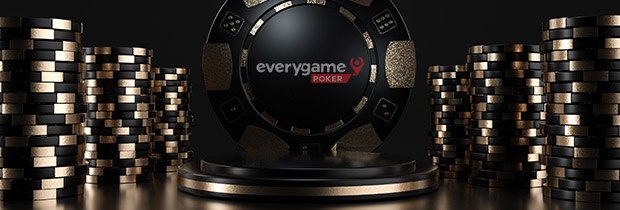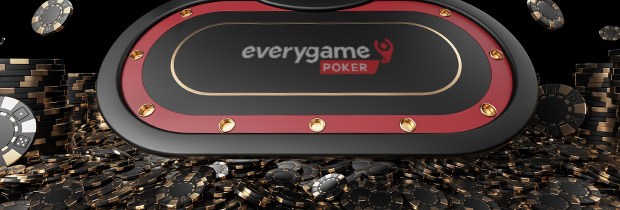If you answered this question by how much money they make, you would be mistaken. Sure, the very top pros can bring in millions every year but they are the very top of the professional pyramid. Being a poker pro means that you make a living—and often a very good living—playing poker.
Should You Try to Become a Poker Pro or Should You Stay a Hobbyist?
We will talk about some of the big differences between poker pros and amateurs. One of the biggest differences between pros and amateurs is that a lot of pros travel all over the world playing in tournaments while amateurs more and more play poker online from the comfort of their homes. A lot of poker pros began as online poker players. This demonstrates the tremendous learning ability of playing poker online. We will have more to say about that later.
Also, we want to make it clear that we used the term “hobbyist” honorably. There is nothing wrong with seeing yourself as a poker hobbyist. There are a lot of hobbies that many people like but there are also many hobbies that people don’t care to pursue.
If you see poker as fun pastime and a good way to make some extra spending money, then you are a hobbyist. You’ll need to develop some good poker skills in order to regularly win in games but if you do develop those skills you can be a very successful amateur poker player without ever thinking about turning pro.
Play Every Day
A professional poker player plays every day. They may take off for holidays or vacations but even then they might take a working vacation to a tournament in a very desirable location such as the Caribbean. Poker pros play every day for the same reason that professional pianists, singers, or other musical artists practice from the basics up every day.
Another obvious example coms from the world of sports. Professional athletes work out every day in the off-season. They do so because if they miss a single day, they will feel that they have lost some of the edge they need to continue to be a pro athlete. After all, there is always someone younger working hard to take their place! So, a pro poker player will play every day just to stay sharp. A pro will usually play online if he or she doesn’t have ready access to a land based poker room.
Poker pros know that it takes thousands of hands to really know their trade well. So they play and learn something new every day.
Amateurs don’t have to play every day. However, if you want to be able to win consistently, you will have to play at least for some time every day. A pro playing every day might play for hours. After all, playing poker is their job! As an amateur, you can afford to play for a lot less but it’s a good idea to get a few hours of poker in every week.
In Poker, Size Matters
A poker pro has a substantial bankroll. They need it for two reasons. First, they may want to enter a high stakes tournament and they’ll need a big bankroll to sustain themselves during their unlucky stretches.
But poker pros also need a big bankroll to pay their day to day bills. Poker is their only source of income so they need a cushion to offset the lulls in luck.
An amateur only needs enough to enter and stay in a low stakes tournament. If your bankroll is big enough, you might enter a pricier tournament but always keep in mind that the higher the stakes the more experienced and professional the opposition.
A lot of amateurs are perfectly happy to stay in low stakes tournaments in which they can win a bit of money, adding to the fun.
A Pro is a Pro and an Amateur is an Amateur
In philosophy, that is called a tautology: an obvious statement. But in the world of poker this is actually a very profound statement. A poker pro has gone through all the necessary steps to be able to quit their job and concentrate solely on playing poker.
Getting to this stage may take years. Only the most natural poker players can do this in a virtual instant. Stu Ungar was a true poker genius but he was also crazy and died young. Many people would like to turn pro but don’t have the financial resources or the experience to quit their job.
Professional Temperament
This is actually part of the discussion above but it deserves its own heading. Temperament is truly one of the most important aspects of being a professional. Phil Helmuth is a great pro despite his childish temperament. Most people with his personality would be broke within a few months of turning pro.
A pro never goes on tilt. They know how to control themselves even after a really bad beat.
A pro never blames bad luck for losses. They blame themselves and are magnanimous towards opponents who had good luck against them. This is one of the reasons a pro needs a large bankroll: you have to be able to smile through the pain of a bad beat and to congratulate the winner.
This does not mean that an amateur can have a childish temperament. It means that most professional players had to work very hard on their emotions in order to reach the level they knew they needed to reach in order to have success against other pro players.
If you don’t have to time or the desire to work hard on controlling your emotions, you are probably not ready to turn pro even if you have the bankroll to support the move and the strong desire to do so.
Study Poker for Relaxation
A poker pro will read five poker books for every other book they read. It could be 10-1. A pro poker player will study the game relentlessly. For example, very few pros were math geniuses when they started out but they forced themselves to master the math in poker because that is the way to win in the modern game.
There is nothing wrong with preferring to read fiction over poker, history over poker, or biography over poker. There is also nothing wrong with preferring to listen to music, swim, or hike in the countryside instead of studying poker. All that means is that you aren’t a pro....it's OK...
To Thine Own Self be True
Shakespeare didn’t know it but he had it right all along! Some people are made to be poker pros and some people are made to be any of thousands of other professions. Being a professional in another area and an amateur in poker is perfectly honorable. It is also the way of most people!



